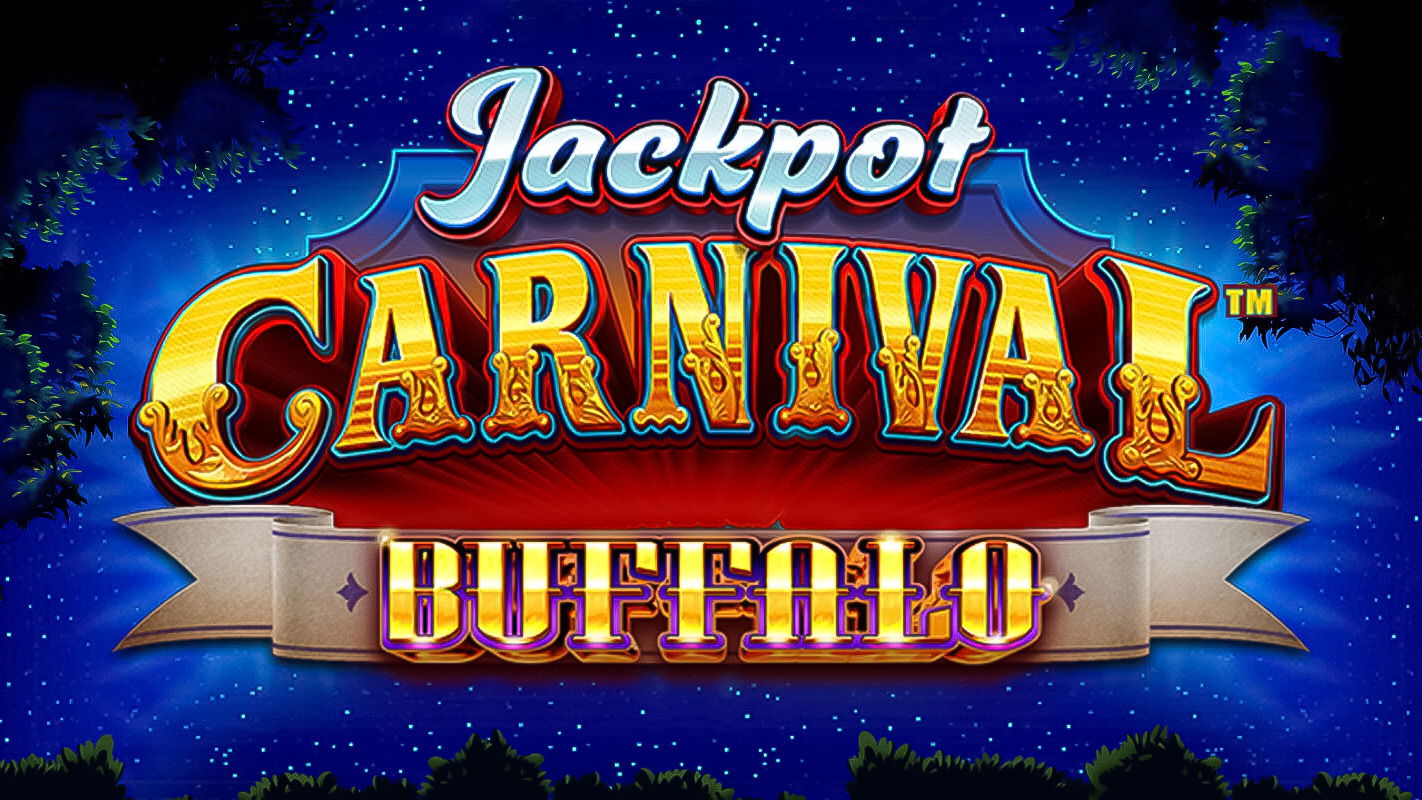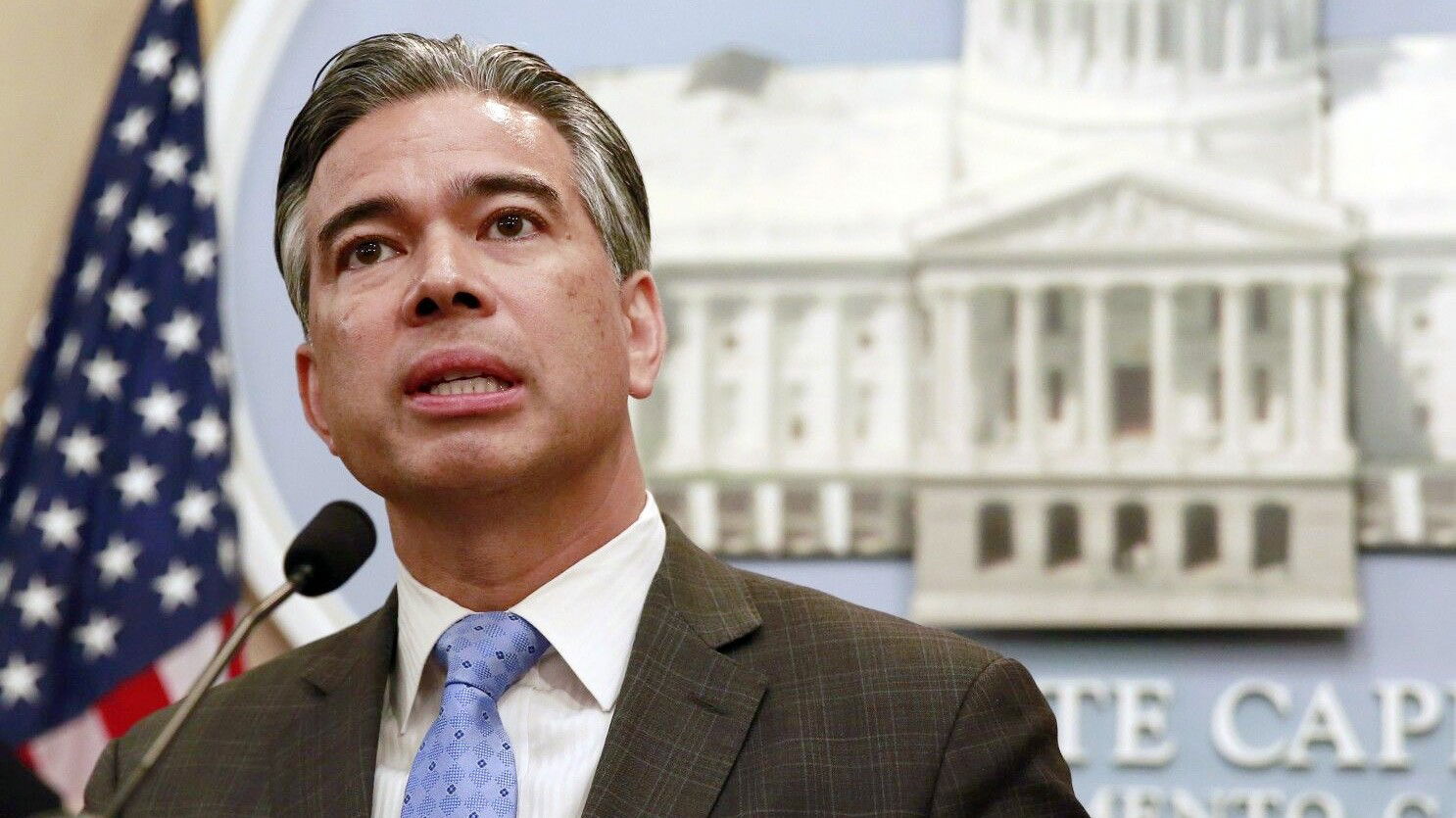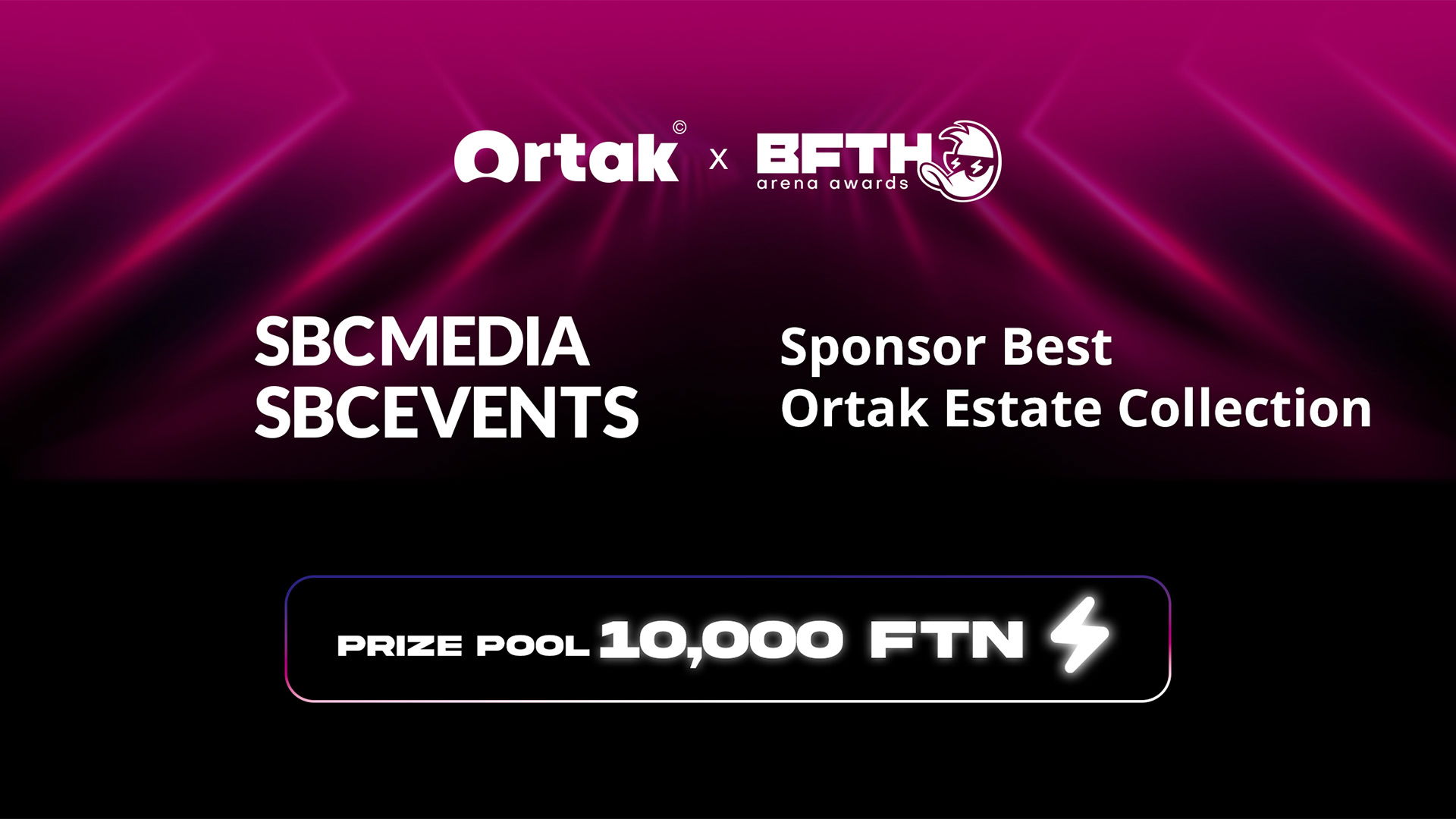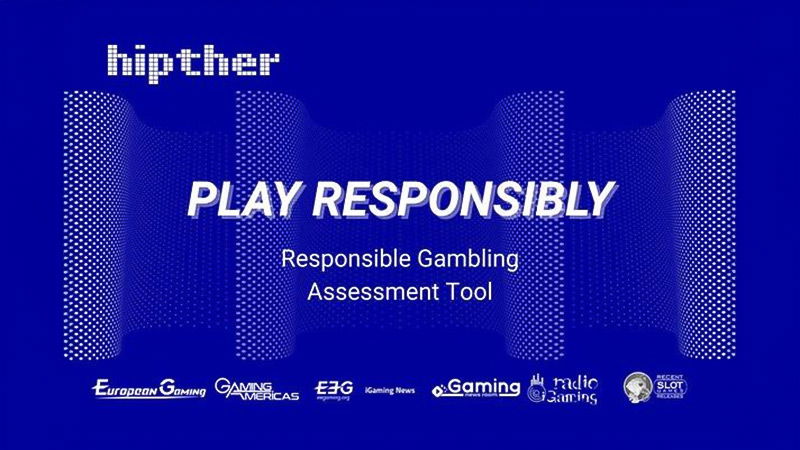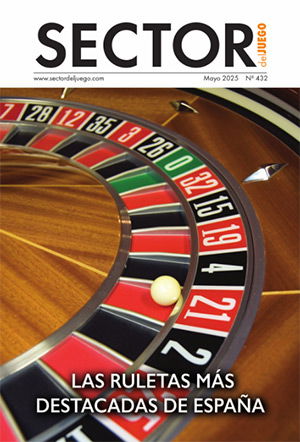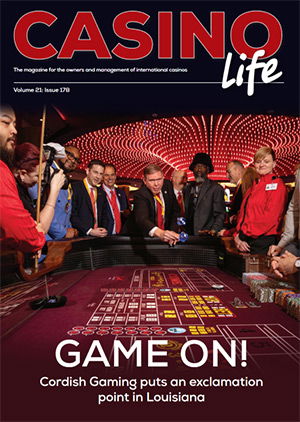Nevada asserts state authority in Kalshi lawsuit with 18 legal defenses

Nevada state regulators have submitted 18 defenses in a legal battle with Kalshi, a federally regulated prediction market operator, asserting that state gaming laws are not preempted by federal regulations.
The filing, made by attorneys for the Nevada Gaming Control Board, is part of an ongoing lawsuit filed by Kalshi after the state issued a cease-and-desist order blocking its sports prediction markets.
At the heart of the defense is Nevada’s argument that the Commodity Exchange Act (CEA), under which Kalshi is regulated, was never intended by Congress to override state-level gambling laws.
Nevada also claimed its state gaming laws do not conflict with the CEA and invoked sovereign immunity, which protects states from being sued in federal court by citizens of other states.
Among the other defenses, the state cited judicial estoppel, arguing that Kalshi is now contradicting a legal position it previously and successfully used, as well as collateral estoppel to block the re-litigation of issues already settled.
Kalshi, which is based in New York, has also filed similar lawsuits against regulators in New Jersey and Ohio, challenging what it views as unlawful attempts to block federally compliant trading of sports event contracts.
Kalshi CEO Tarek Mansour has maintained that the platform does not operate like a sportsbook and complies fully with federal law under the oversight of the Commodity Futures Trading Commission (CFTC).
Users trade contracts among themselves and don’t compete against the house, Mansour previously said.
State regulators have argued that Kalshi’s contracts amount to unregulated gambling and bypass the standard licensing procedures required for sportsbook operators.
Opposition to Kalshi’s model has grown. Nevada Attorney General Aaron Ford and Ohio Attorney General Dave Yost led a coalition of 36 jurisdictions in filing an amicus brief in support of New Jersey, echoing the arguments laid out in Nevada’s defense.
Kalshi has gained popularity as its prediction markets sometimes offer better odds than traditional sportsbooks, especially in states with high wagering taxes such as Illinois. However, regulators have raised concerns about its compliance and oversight.
The outcome of the case could have significant implications for the future of prediction markets in the U.S., especially their intersection with state gambling regulations.


